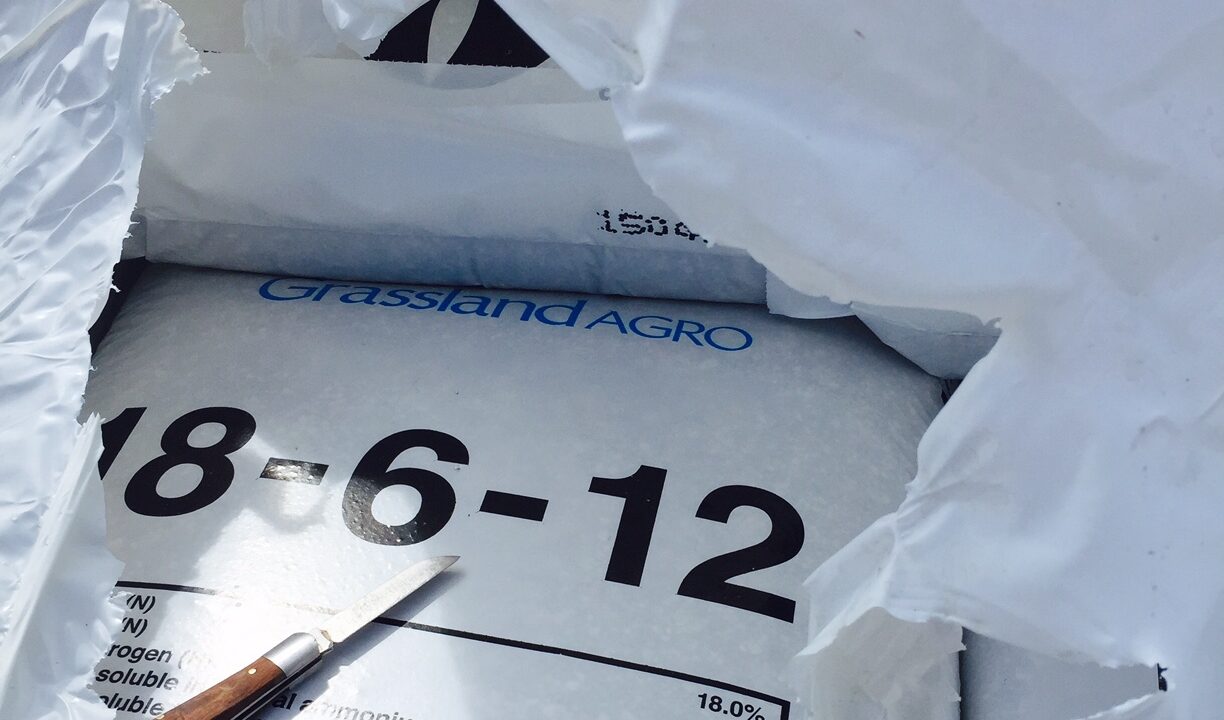The turnaround in weather since the beginning of the week has renewed buying interest in fertiliser.
According to the IFA’s latest Fertiliser Price update, merchants sitting on stock are anxious to move it.
It says they are reluctant to commit to purchasing large volumes as they are afraid that they will end up carrying expensive stock as prices are expected to fall further over the coming weeks.
Meanwhile, the IFA also says international CAN prices have edged lower in recent days despite manufacturers attempts to stabilise them.
Farmer resistance to buying is building as commodity prices are on the floor and according to the IFA this is forcing manufacturers to rethink their strategy.
“The trade are saying that logistics will become an issue if there is a burst in demand. However, this is unlikely as farmers are buying on a hand to mouth basis,” it says.
The IFA says buyer groups once again are buying at a significant discount to individual buyers as the trade fights for good business.
“Coordinating delivery of full loads among neighbouring famers can reduce transport costs by up to €10/t so farmers should look at setting up informal groups to maximise savings.
“As always it is important to shop around to get the best quotes,” it advises.
IFA Fertiliser Price Update
Meanwhile, ahead of the launch of an IFA-commissioned report by the Washington-based International Food Policy Research Institute (IFPRI) examining Europe’s fertiliser industry, IFA National Chairman Jer Bergin said IFA expects an urgent investigation by the EU Commission when the report is made public.
He called on the Commission to cut input costs to farmers by abolishing duties and border taxes that only serve to protect European fertiliser producers at the expense of farmers.
Jer Bergin said, “Fertiliser is the second biggest expenditure for Irish farmers with an annual spend of over half a billion Euro, and the Commission must take action as family farm incomes are on the floor.The IFPRI report is looking into competition in the EU fertiliser market and the impact that suspending duties would have on the price the farmer pays”.
“The report takes an in-depth look at how the European fertiliser market functions, comparing it to other major agricultural producing regions of the world. It is clear from the data collected that Europe’s market is not functioning as the duties and tariffs protect European manufacturers at the expense of farm families.”

